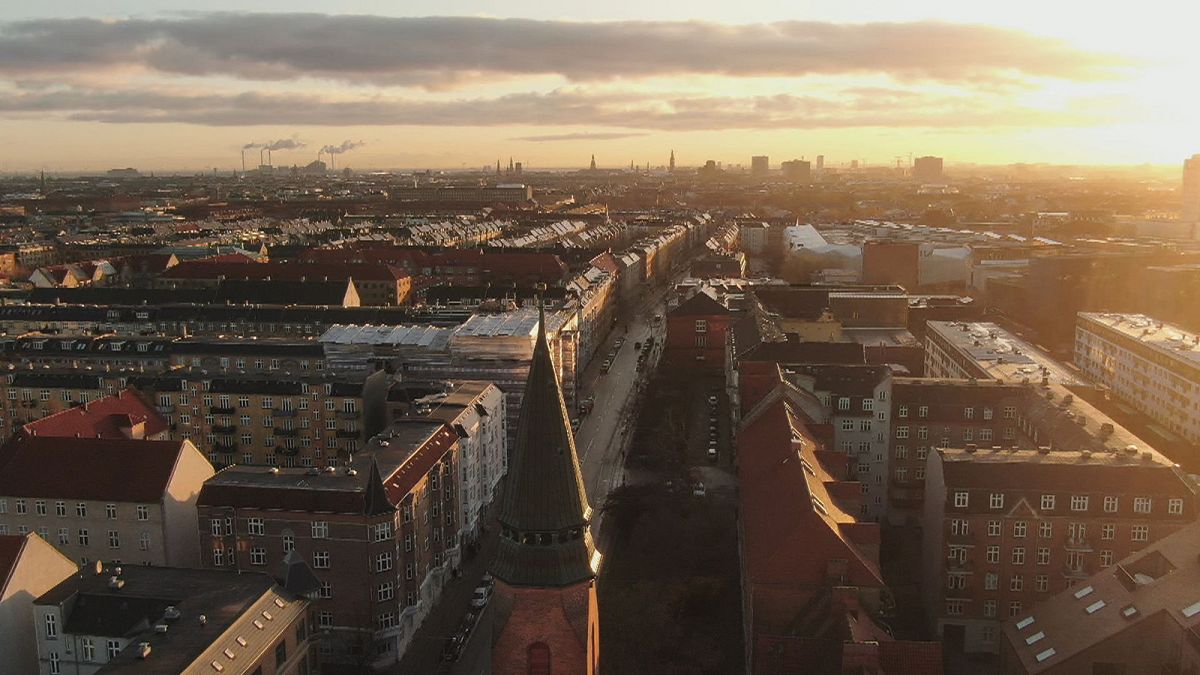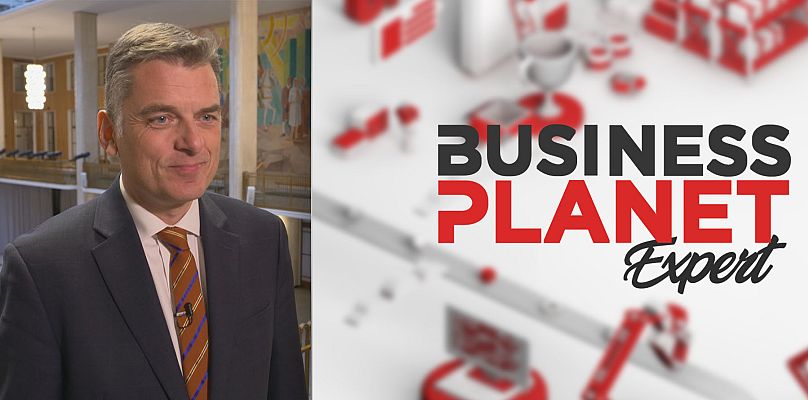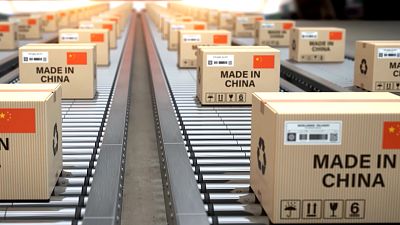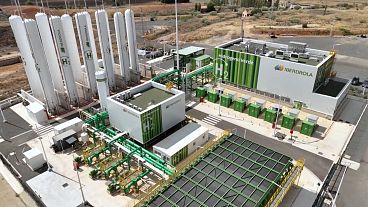Business Planet travels to Denmark to look at the opportunities and challenges faced by small and medium sized firms when it comes to winning lucrative public sector contracts.
Business Planet travels to Denmark to discover the opportunities and challenges faced by SMEs when it comes to landing lucrative public sector contracts.
Every year governments and public authorities in Europe spend around €2 trillion a year - or 14 per cent of EU GDP - on works, goods and services. In many sectors such as energy, transport, waste management, social protection and the provision of health or education services, public authorities are the principal buyers. While many small firms are apprehensive about the whole tendering process, for those companies that do have the confidence to compete the potential business opportunities can be huge.
Combating climate change
Danish cities are building for the future. In order to adapt to climate change, the municipality of Frederiksberg, located within the greater Copenhagen area, is installing an underground system to collect and store rainwater. During heavy downpours water is diverted away from the sewers, cutting flood risk, while in dry periods the left over rainfall is used to water trees and parks, helping to reduce operation and maintenance costs, and importantly CO2.
Working as part of a consortium with an architect and another SME, Nyrup Plast won the contract to provide parts for the water management system - it was the company's first ever public tender. While owner Rasmus Mørkenborg admits the bureaucracy was a challenge initially, after the firm understood what was needed, the process was fairly straightforward.
"...the experience was...quite complicated to understand to begin with. In the end we learned about it, and we really got it, and to be in a consortium of three partners...really helped me.”
Laying that groundwork to understand the whole tendering process has really paid off. Since winning the contract, Nyrup Plast has significantly increased its turnover.
“It meant we got some new jobs in our company, and also for some contractors working for us - say two or three jobs - and the turnover last year went up 2.5 million Danish Kr (€335,000), and it looks like the same this year,” Mørkenborg explains.
Rewarding best procurement practice
The project and work being undertaken in Frederiksberg has not gone unnoticed at a wider European level. This year the municipality won top prize for innovation at the Procura + Awards for best practice in procurement.
Working with two separate consortiums, Frederiksberg developed solutions that were not yet on the market. In addition - as part of the contract - further, development was built in to make it as effective and cost-efficient as possible.
Business Planet spoke to Jan Jorgensen, the Chairman of the city’s Environment Committee.
Paul Hackett, Business Planet: "Jan, you play a key role in Frederiksberg when it comes to awarding public contracts, is it the lowest bidder who always wins?”
Jan Jorgensen: “Well, the short answer is no. We need to look into quality and innovation as well. And we’re dealing with taxpayers' money, so of course, we also need to look at that aspect, and we need to spend it responsibly.”
The European Commission is seeking to improve procurement practices across Europe.
It has created a set of tools to help local authorities become better during the tendering process, making it easier for SMEs to win more public work, while also encouraging companies to come up with more innovative solutions.
Jan Jørgensen is chairman of the Environment Committee at the Municipality of Frederiksberg and plays a key role in awarding public contracts to private firms.
Working with the public sector can be very lucrative but many small and medium-sized enterprises can be daunted by it, should they be?
"I can understand why they are because there is a lot of bureaucracy and EU regulation that you need to live up to and it can look quite overwhelming if you haven't done this before, but actually it is quite simple and you could also consider maybe teaming up with another company, a bigger company that has done it before. You could maybe hire a lawyer. It's not as expensive as many people think, and if it makes you win the contract, then it's a good investment."
Is there a case where small companies can be more competitive than their bigger rivals?
"Sometimes they can be because they don't have to deal with a lot of bureaucracy in their own organisation, so they can be more creative, maybe more bold compared with some bigger companies, but the disadvantage is they often haven't tried it before."
Useful facts
Public procurement in the EU accounts for almost 14% of GDP, but its potential to create a market for innovative products and services remains still untapped.
Public procurement has enormous potential to guide new developments in a range of sectors, help to stimulate future markets and address key societal challenges.
Public authorities who support the process of innovation or purchase innovative goods and services are often directly rewarded with improved services at optimised costs.
Useful links
Public Procurement of Innovative Products and Services
Innovation procurement - Guidance and good practice on buying innovative products and services






